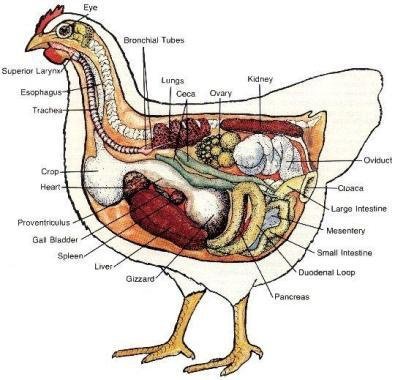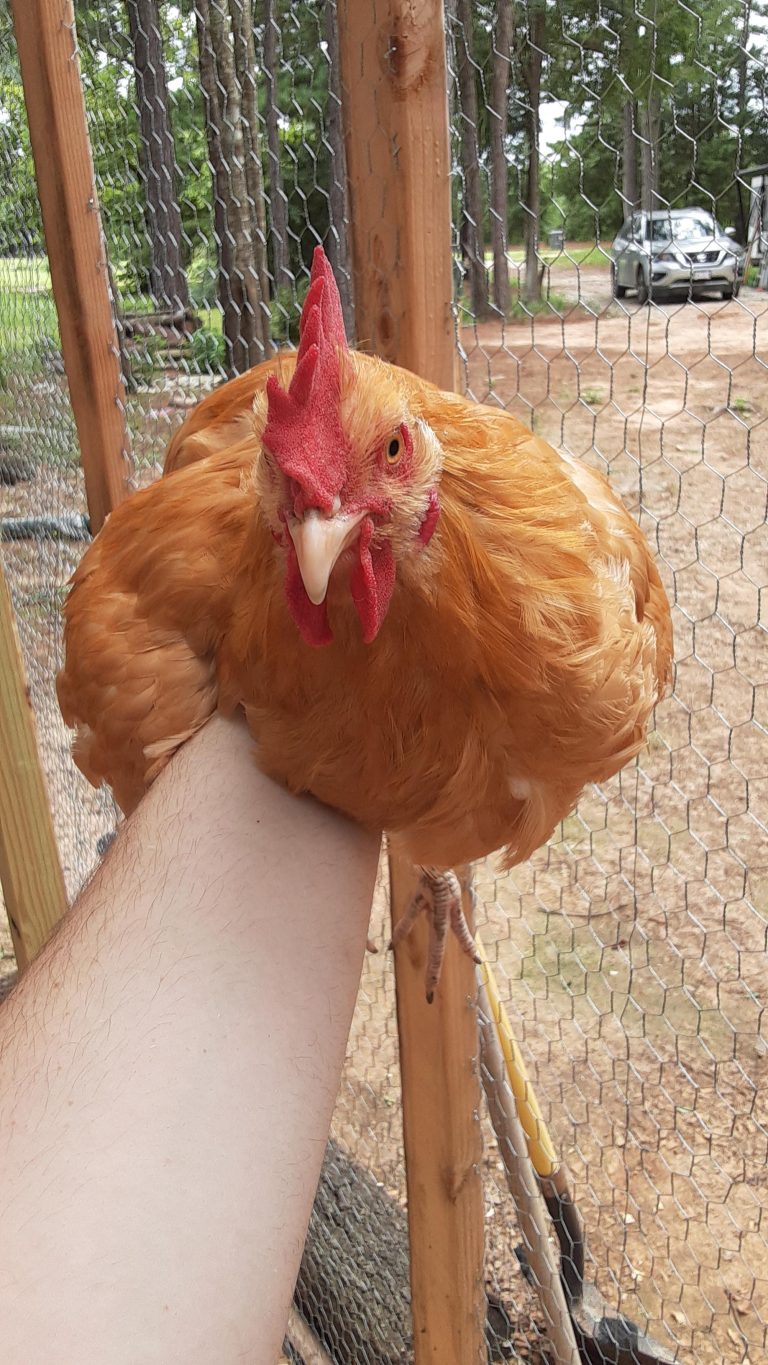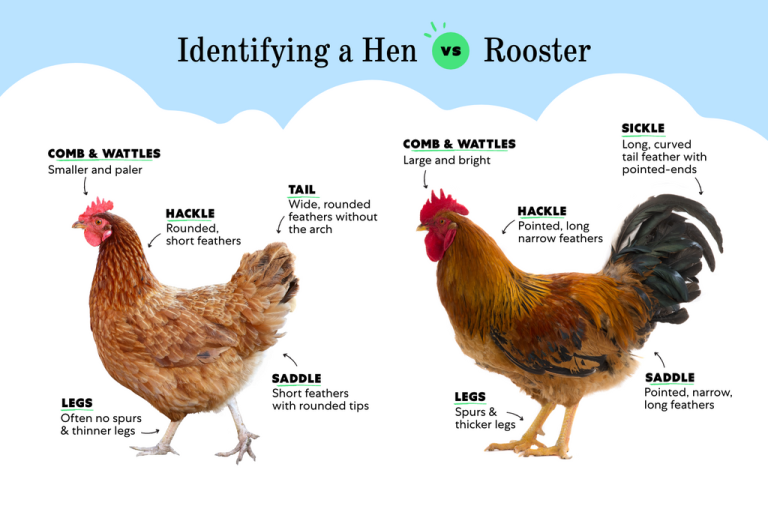Can Chickens Produce Eggs Without a Rooster?
Chickens can produce eggs without a rooster. However, these eggs will not be fertilized and cannot develop into chicks.
Chickens are fascinating creatures known for their egg-laying abilities. Many people wonder about the role of roosters in this process. While roosters are essential for fertilizing eggs, hens can lay eggs independently. This natural behavior occurs regardless of whether a rooster is present.
Hens typically begin laying eggs around five to six months of age. The egg-laying cycle is influenced by factors such as light, diet, and breed. Understanding how hens produce eggs without roosters can help chicken owners manage their flocks better. Knowing these details for personal use or commercial farming enhances the overall experience of raising chickens.
The Basics Of Chicken Reproduction
Chickens can lay eggs without a rooster. Hens have a unique reproductive system. They possess ovaries that produce yolks. Each yolk can develop into an egg.
The egg-laying process starts with the yolk. Once released, it travels through the oviduct. This journey takes about 24 to 26 hours. During this time, various layers form around the yolk. These layers include the egg white, membranes, and shell.
While a rooster is needed for fertilization, it is not required for egg production. Hens will lay eggs regularly, even without mating. This means fresh eggs can be collected daily.
Role Of The Rooster In Flock Dynamics
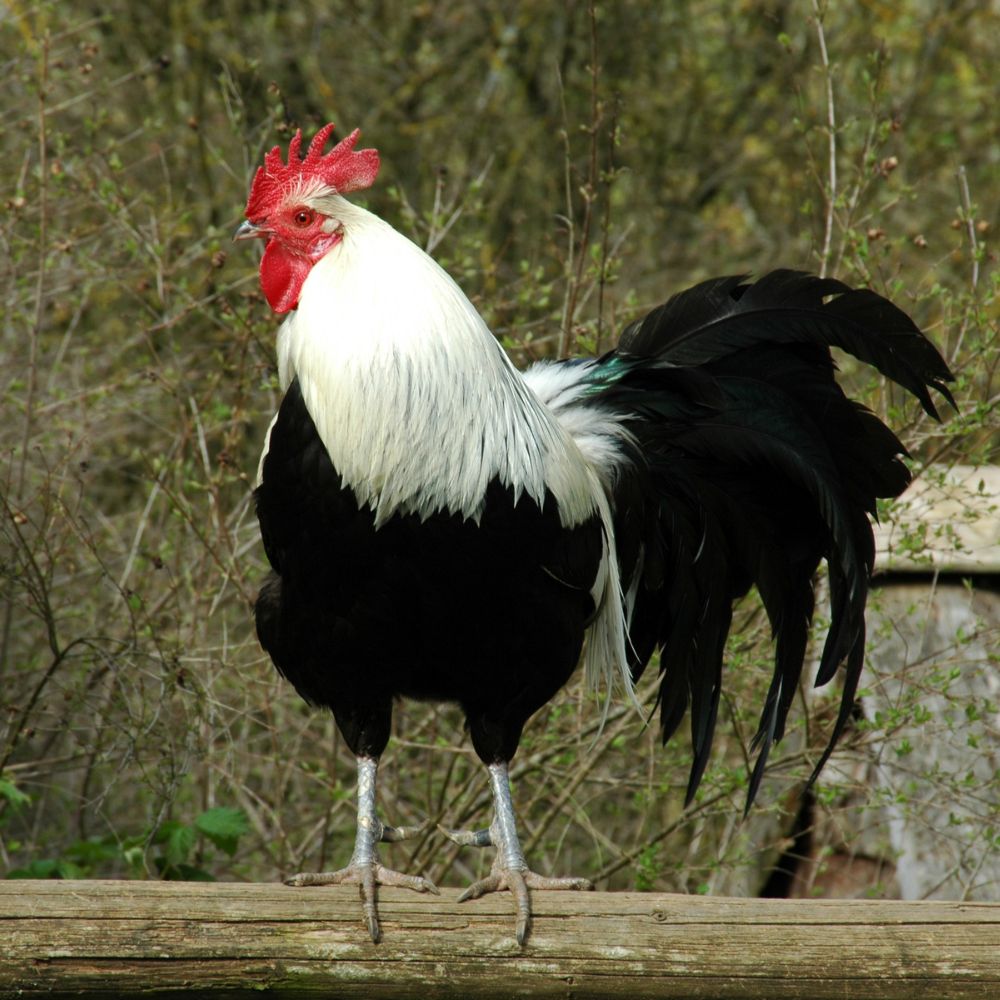
Credit: thefrugalchicken.com
Roosters play a crucial role in flock dynamics. Their presence helps maintain peace among hens. Roosters often establish a pecking order within the flock. This hierarchy reduces stress and encourages healthy behaviors.
Roosters’ natural behaviors include protecting the flock from predators, calling hens to food sources, and encouraging them to be more active. Active hens tend to lay more eggs.
The absence of a rooster can affect hens’ egg-laying habits. Without a rooster, hens may lay fewer eggs, become less social, and become more nervous. A calm environment promotes consistent egg production.
Unfertilized Vs. Fertilized Eggs
Chickens can lay eggs without a rooster, which are called unfertilized eggs. Unfertilized eggs do not develop into chicks.
Fertilized eggs come from hens that mate with a rooster. These eggs can develop into chicks if properly incubated.
| Type of Egg | Development |
|---|---|
| Unfertilized Eggs | Do not develop into chicks |
| Fertilized Eggs | Can develop into chicks with proper care |
Identifying egg types is simple. Look for roosters around hens for fertilized eggs. If no rooster is present, eggs are likely unfertilized.
Factors Influencing Egg Production

Credit: m.youtube.com
The diet and nutrition of chickens play a big role in egg production. A balanced diet helps hens lay more eggs. Important nutrients include protein, calcium, and vitamins. These nutrients support healthy egg development.
Environmental conditions also affect egg production. Chickens need a comfortable space to thrive. Proper lighting encourages hens to lay eggs regularly. Temperature should remain stable, ideally between 65°F and 75°F. Too much heat or cold can reduce egg output.
Stress from overcrowding or predators can lower egg production. Providing a safe and clean environment is key for happy hens.
Common Misconceptions About Egg Laying
Many people believe that roosters are necessary for hens to lay eggs. This is a common myth. Hens will lay eggs even without a rooster present. Eggs come from the hen’s body regardless of the rooster.
Another misconception is that roosters fertilize all the eggs. In reality, only a few eggs will be fertilized if a rooster is around. Most eggs in a flock are unfertilized and suitable for consumption.
Understanding the laying cycle is important. Hens typically lay eggs on a regular schedule. Factors like age, health, and environment can affect their production rates.
Eggs are produced in a monthly cycle, with each hen laying about 15 to 30 eggs. This cycle continues whether a rooster is present or not.
Human Intervention In Egg Laying
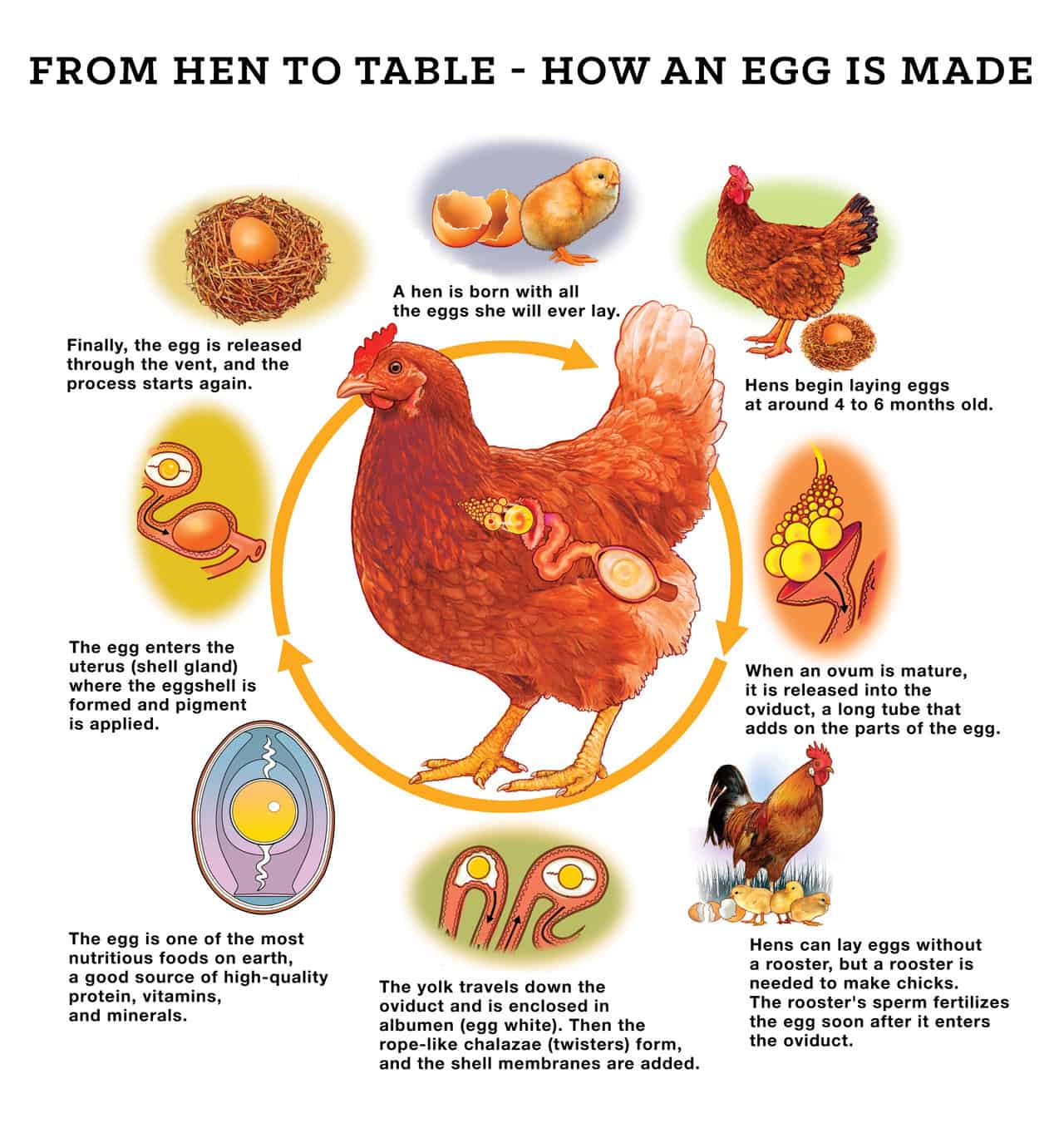
Credit: wranglernetwork.com
Chickens can lay eggs without a rooster. Human intervention plays a key role in this process. One important method is artificial lighting. This method mimics natural sunlight. It helps chickens lay more eggs, even in winter.
Selective breeding also affects egg production. Farmers choose chickens with the best egg-laying traits. This leads to healthier chickens that produce more eggs. Both methods help maximize egg output. With the right care, hens can thrive and lay eggs efficiently.
Ethical And Practical Considerations
Egg farming ethics involve many important aspects. Chickens can lay eggs without a rooster. The eggs will not be fertilized. This means no baby chicks will hatch. Many people find this practice ethical. It allows for egg production without breeding concerns.
Backyard poultry management is also crucial. Keeping hens without roosters simplifies care. Hens can focus on laying eggs. This setup reduces stress on the birds. Owners can enjoy fresh eggs without complications. Many urban areas allow hens, but not roosters. This makes hens a popular choice.
| Benefits of Keeping Hens | Challenges of Keeping Hens |
|---|---|
| Fresh eggs daily | Space requirements |
| Low maintenance | Local regulations |
| Companionship | Predator protection |
Final Talks: Do chickens need a rooster to lay eggs?
Hens can lay eggs without needing a rooster. The eggs will not hatch into chicks because they are unfertilized. Roosters are only required for breeding purposes. A hen’s body naturally produces eggs as part of its reproductive cycle. These eggs are safe to eat and are the same as those commonly sold in stores. Roosters only play a role if you want fertilized eggs for hatching.
FAQs
Do hens lay eggs every day?
Hens do not lay eggs every day. Most hens lay five to six eggs a week. Their laying is based on breed, age, and health. Light and nutrition also influence the frequency of their laying. During winter, or when they molt, hens may stop laying for short periods. Proper care and nutrition will keep them in their usual laying cycles. Each hen is different in her schedule; it is not universal to all.
How many eggs do chickens lay naturally?
Chickens are those birds that lay around 10 to 15 in a clutch, meaning a number of eggs laid over some days continuously. They generally stop after laying a clutch and start brooding them for incubation. This could happen once or twice a year. The numbers can vary according to breeds, health, and conditions the chicken is in.
What chickens lay blue eggs?
Some of the chicken breeds that lay blue eggs are Araucana, Ameraucana, and Cream Legbar. Their blue color is due to a pigment, oocyanin, applied by them while forming the eggs. Such chickens are usually in demand for their remarkable eggshell colors, adding color to your collection of eggs. They are friendly and also very good for a backyard flock. If you want blue eggs, then you can have one of these breeds in your coop.
How old are chickens when they start laying eggs?
Most chickens start laying eggs from approximately 18 to 22 weeks in age, though this may vary with respect to breed and also the way they are kept. Good food, light, and decent living conditions will have them off to an earlier start. Some may take a bit longer, but most begin at this age.
How many eggs will six chickens lay a day?
Six chickens can lay around four to six eggs daily. The number depends on their breed, age, and health. Proper care, good food, and a calm space help them lay more. Some chickens might rest or skip a day, so it’s not always exact. On average, you can expect close to one egg per chicken each day.
Do chickens lay eggs in the winter?
Chickens lay eggs even in winter but sometimes stop or reduce production because cold and short daylight hours slow down laying. Adding light into their coop keeps them in their laying cycle. A stressless and warm environment and adequate nutrition go a long way to supporting the production of eggs from these birds during the colder months. Some breeds keep laying through the year better, so that is a major determinant.
Why are my chickens not laying eggs?
Possible causes are stress, poor nutrition, or insufficient light. Make sure they have water, a proteinous feed, and a quiet environment. Cold weather and molting are other reasons for egg reduction. Give them at least 14 hours of light daily using a lamp if need be. Check for diseases or parasites, and make sure the coop is clean and safe. Happy, healthy chickens usually lay eggs on a regular basis.

